The anti-epidemic measures adopted in Bulgaria to contain the spread of Covid-19 continue to yield positive results and the number of coronavirus recoveries is nearly twice bigger then the number of new infections, said Bulgaria’s Minister of Health Professor KostadinAngelov at the regular weekly briefing. The daily Covid-19 morbidity has fallen below 100 cases of Covid-19 per 100,000 people, added Minister Angelov. In his words, only three Bulgarian districts - Vratsa, Kyustendil and Pleven are still red zones in terms of Covid-19 morbidity.
Bulgaria now ranks 27th in the EU in terms of coronavirus morbidity and 11th in the EU in terms of Covid-19 mortality, informed Bulgaria’s Chief State Health Inspector Associate Professor Angel Kunchev.

The fourteen-day morbidity fell to 125 new cases per 100,000 people. Currently, there are 90 new infections per 100,000 people, Angel Kunchev went on to say. More than 12,000 Bulgarian teachers have already undergone Covid-19 testing with rapid antigen tests. Only 36 of them tested positive for Covid-19. The non-teaching staff also underwent Covid-19 testing. 11 people were diagnosed with Covid-19 out of 3,726 antigen tests performed.
Mass vaccination is expected to begin at the end of February, this country’s Minister of Health added. 1 million Bulgarians will be inoculated against Covid-19 until the end of June with the two vaccines approved by the European Union. If the Oxford vaccine receives official approval, some 2 million Bulgarians will be inoculated until then, contends Bogdan Kirilov, Executive Director of the Bulgarian Drug Agency. The general practitioners will be able to inoculate up to 20 people a day.

Members of sectional election commissions can receive Covid-19 vaccines if they wish, stressed Minister Angelov. All members of election commissions will receivemasks during the polling day. The competent authorities will also provide disinfectants and air cleaners to the polling stations.
Bulgarians returning to their home country will be placed under mandatory quarantine or will undergo Covid-19 testing with rapid antigen tests upon arrival. They will not have to self-isolate, if they test negative for Covid-19.
English version: KostadinAtanasov
Photos: BTA and BGNESThe branch of the "Angel Kanchev" University of Ruse in Razgrad carries out joint scientific projects, participates in various forums and exchange of students and lecturers with higher education institutions in Bulgaria and abroad,..
At the end of May, the Bulgarian Embassy in Rome graciously hosted a solemn ceremony to end the school year at the Abagar Bulgarian weekend school. The education of 93 children of different ages is carried out in 3 school branches. The largest..
Sofia Municipality is creating a youth volunteer team for rapid response called "SOfia HELPers". The initiative to form youth groups ready to assist in various areas and in crisis situations comes from the Sports and Youth Activities Directorate of the..
On June 21 the world will have a reason to unite and humble itself. We can find it in the International Day of Yoga – the ancient..

+359 2 9336 661
